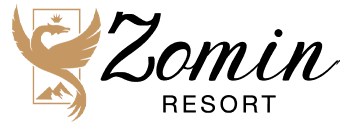Uzbekistan revamps presidential administration, appoints new deputies for key sectors

--
--
--

Good news:
Load more
Grow your business with us
Advertise on Daryo.uzIndividual approach and exclusive materials
Ad-free site readingSubscribe
25 000 so'm per month
Load more recommendations
Comments
To leave a comment, first register